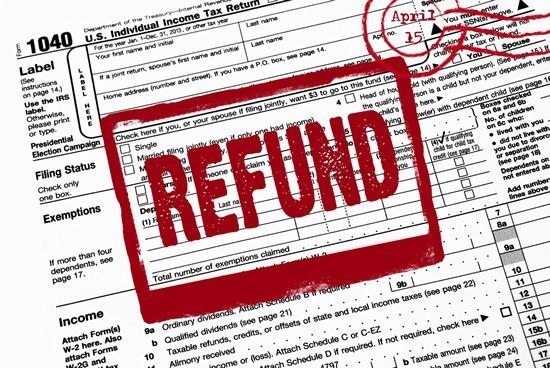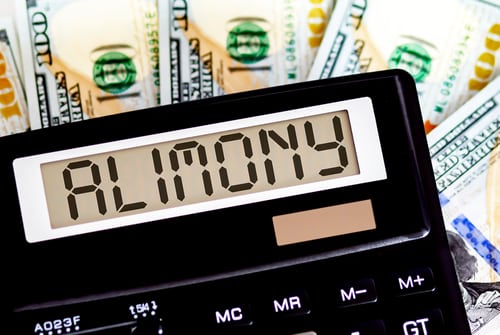As child support attorneys in Charleston, we’re often asked which parent gets to claim the kids on their tax return when the parties divorce. This article explains the general rule regarding which parent claims the exemption, whether the family court can decide which parent gets the exemption, what happens with exemptions while you are in the middle of a divorce, and possible ways to settle which parent receives tax exemptions for their children.
Who Gets the Child Tax Exemption in a South Carolina Divorce?
Generally, the parent who has custody of the children for a greater period of time within the tax year will be allowed to claim the exemption for their children Claiming an EXEMPTION for a child ISN’T the same thing as claiming a child tax CREDIT for a child which allows a taxpayer to claim a credit for expenses paid for the care of children under the age of 13.] If the parents had the children for an equal period of time during the tax year, then the parent who earned more money will be allowed to claim the children. IRS Publication 17 provides the guidance on this issue, and South Carolina’s DSS Child Support Guidelines suggest that the custodial parent taking the exemption.
South Carolina Family Courts may give the child tax exemption to the non-custodial parent. However, there has not been much guidance from South Carolina appellate courts as to what circumstances would prompt the family court to do this. For example, if for some reason the custodial parent would benefit little from the exemption, but the non-custodial parent could benefit from the tax break, then perhaps a South Carolina family court judge would reallocate the tax exemption for the children. At the same time, the family court judge could, in theory, increase the amount of child support to make up for the custodial parent’s loss in net income from not being allowed to claim the children on their taxes.
Filing Your Taxes in the Middle of a Custody Case in South Carolina
Sometimes the issue of which parent gets to claim the children on their taxes arises in the middle of a case. For example, a judge at a temporary hearing may award custody to one parent, or at least award joint custody but give one parent greater than 50% of the overnights. However, many temporary orders do not address the tax exemption. In this situation, the IRS accepts the return of the parent who files first and rejects the return of the parent who files second, even if the parent filing second had a better legal claim or need for the exemption. We caution non-custodial parents against claiming their children this way because you could be violating IRS rules and you may cause yourself costly problems in family court.
Charleston Divorce Lawyers
If you need a divorce attorney in Charleston, SC, contact Futeral & Nelson, LLC. Our lawyers have helped people in Charleston, North Charleston, Mt. Pleasant, Summerville, Goose Creek, Hanahan, Moncks Corner, James Island, West Ashley, Folly Beach, Sullivan’s Island, Isle of Palms, Awendaw, McClellanville, and the surrounding areas.












